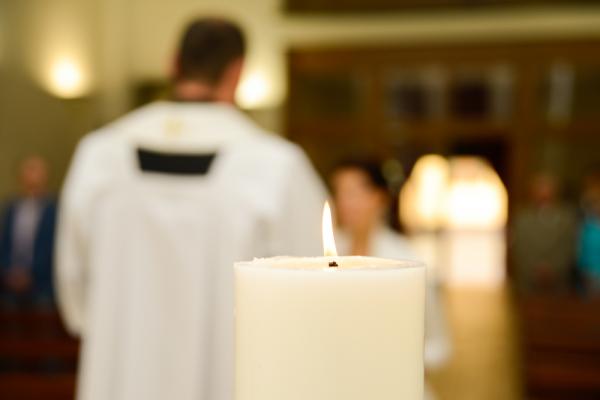Churches flung open their doors on September 11, 2001, and people gathered on that day, and for some days later. There was a draw to sacred space in the midst of our everyday space being turned into dust–profane, unholy, hollowed out. The liturgies I attended in those days that followed were stripped down, bare, and profoundly vulnerable. The psalms were prayed. People wept together. We clung close. We resisted asking questions of meaning, and allowed ourselves to grieve, to lament.
A lot fewer churches flung open their doors on September 11, 2002. And even fewer today. The gravitational pull to gather in sacred space has waned. And it has become impossible, for the most part, to disentangle our liturgies from our politics. No longer gathering together out of unvarnished need for the divine presence, some of us gather now precisely to ascribe meaning to the unfathomable through the inextricable linking of nationalism with religion.
In his book How Societies Remember, Paul Connerton observes that commemorative ceremonies serve to remind a community “of its identity as represented and told in a master narrative.” More, this remembered (and re-enacted) identity is a way of “making sense of the past as a kind of collective autobiography.” Commemorative ceremonies, therefore, are not impotent. And, no matter how earnestly we participate in them, they are also not necessarily benign.
Christian liturgy is a form of commemorative ceremony. In our retelling, and re-singing, and remembering of the grand narrative of Christ’s life, ministry, suffering, execution, resurrection, and gifting of the Spirit we are participating in our collective autobiography as followers of Jesus. In the centrality of the cross, the impenetrable darkness of the tomb, and the bursting forth of life as God’s final judgment, we are called into our deepest identities. This identity is one that resists death, destruction, and violence as tools of the state. This identity is one that claims fullness of life, reconciliation, and healing as movements of the Spirit. This identity is also one that does not gloss over or engage in any kind of cover-up about the pain, rage, oppression, grassroots terror, or state-sponsored and police-sponsored terror, racism, domestic violence, and poverty that infiltrate every moment on this beautiful planet. This identity calls us to name these atrocities, and to do so in the light of Christ’s ministry, suffering, tomb, and resurrection.
We are challenged in the liturgies we design and participate in, particularly when they may have the intention of commemorating horrific moments like September 11, 2001, never to allow our collective autobiography to be shaped by those events alone. Rather, always to let the gospel be that which shapes us through-and-through. Let our memories of September 11, 2001, be equally informed by the continuing atrocities that have happened since that day – both in its name and not. Name the terrors that surround us at all times.
And claim, above all, our identities as followers of Jesus. Seek fullness of life (for others as well as ourselves), reconciliation, and healing in all that we do.
Dr. Jennifer Davidson is Associate Professor of Worship & Theology and Director of Chapel at American Baptist Seminary of The West.
Photo: vivver/Shutterstock.com
Got something to say about what you're reading? We value your feedback!
